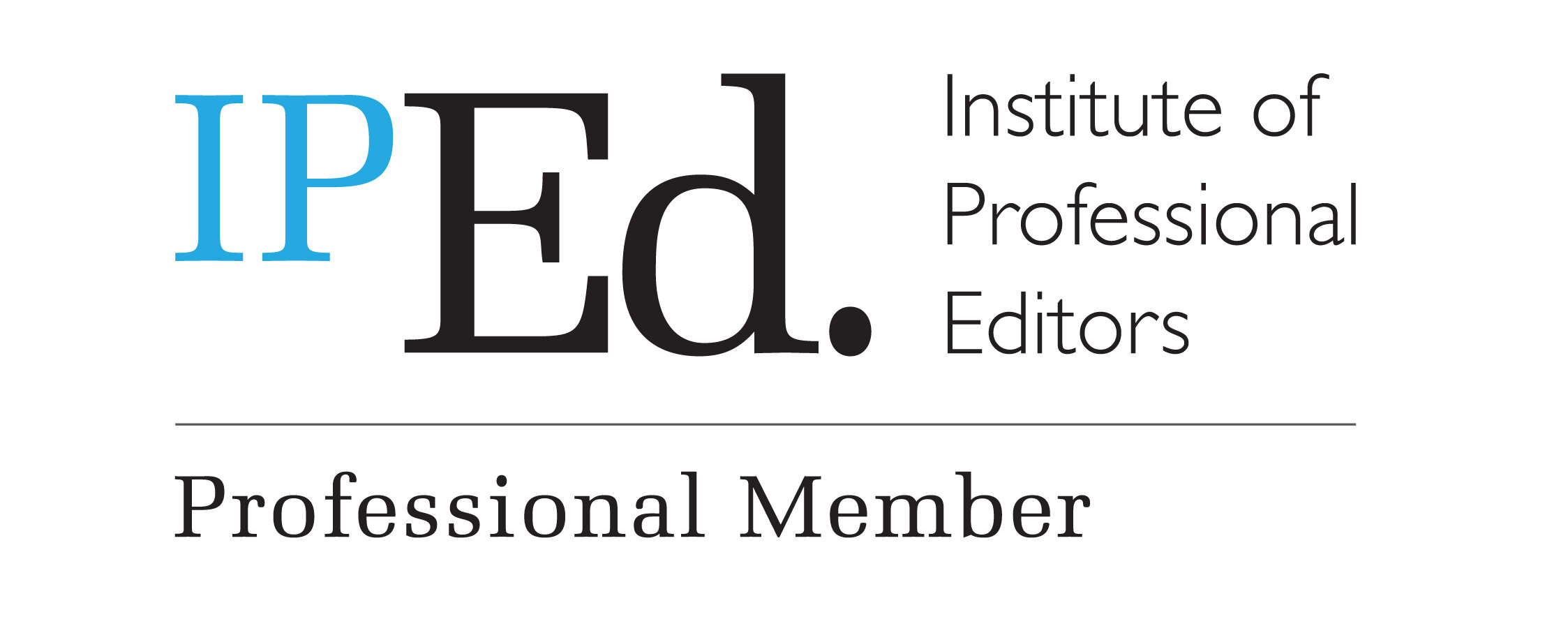Qualifications.
IPEd accreditation.
The Institute of Professional Editors Ltd (IPEd) is the peak body for editors in Australia. IPEd runs a national accreditation scheme that tests an editor’s competence against the Australian Standards for Editing Practice. I passed the IPEd accreditation exam in 2011. I have also supported the accreditation scheme by holding various roles on the exam team in 2013, 2014, 2016 and 2018. As a Professional Member of IPEd I am bound by the IPEd Code of Ethics and the Australian Standards for Editing Practice.
BELS certification.
The Board of Editors in the Life Sciences (BELS) was established as a means of evaluating proficiency of life science editors. The first BELS exam was held in 1991. There are now more than 1,000 BELS members in the US, Canada, Europe and other countries; however, only 32 Australian editors are certified as an Editor in the Life Sciences (ELS). I passed the BELS certification exam in 2015.
In January 2021 I became eligible for diplomate status (ELS(D)) after submitting a portfolio to BELS for the diplomate examination and receiving a passing score. The diplomate program is for editors with extensive experience in scientific communication in English and who can demonstrate editorial proficiency at the mastery level.
As a BELS member I am bound by the BELS Code of Ethics.
CIEP membership.
The Chartered Institute of Editing and Proofreading (CIEP) is a UK-based professional body for editors and proofreaders that promotes excellence in English language editing. I successfully upgraded in 2018 to become an Advanced Professional Member (APM) of CIEP, the highest grade of membership. As an APM of CIEP I am bound by the CIEP Code of Practice.


